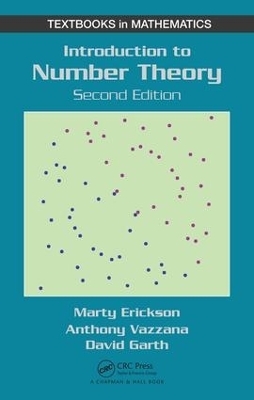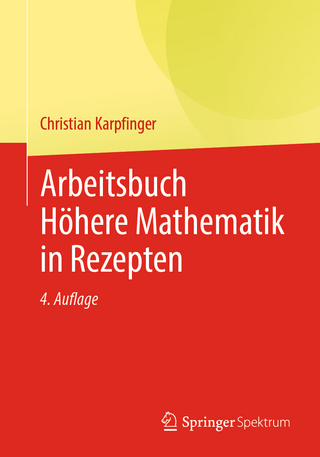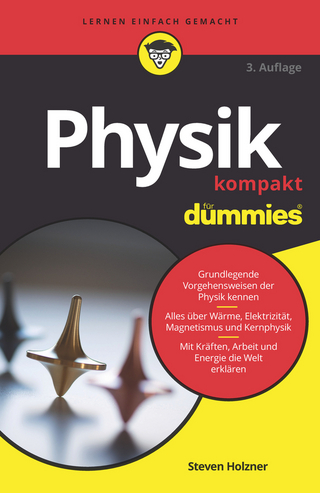
Introduction to Number Theory
Chapman & Hall/CRC (Verlag)
978-1-4987-1749-6 (ISBN)
Ideal for a one- or two-semester undergraduate-level course, this Second Edition:
Features a more flexible structure that offers a greater range of options for course design
Adds new sections on the representations of integers and the Chinese remainder theorem
Expands exercise sets to encompass a wider variety of problems, many of which relate number theory to fields outside of mathematics (e.g., music)
Provides calculations for computational experimentation using SageMath, a free open-source mathematics software system, as well as Mathematica® and Maple™, online via a robust, author-maintained website
Includes a solutions manual with qualifying course adoption
By tackling both fundamental and advanced subjects—and using worked examples, numerous exercises, and popular software packages to ensure a practical understanding—Introduction to Number Theory, Second Edition instills a solid foundation of number theory knowledge.
Martin Erickson (1963-2013) received his Ph.D in mathematics in 1987 from the University of Michigan, Ann Arbor, USA, studying with Thomas Frederick Storer. He joined the faculty in the Mathematics Department of Truman State University, Kirksville, Missouri, USA, when he was twenty-four years old, and remained there for the rest of his life. Professor Erickson authored and coauthored several mathematics books, including the first edition of Introduction to Number Theory (CRC Press, 2007), Pearls of Discrete Mathematics (CRC Press, 2010), and A Student's Guide to the Study, Practice, and Tools of Modern Mathematics (CRC Press, 2010). Anthony Vazzana received his Ph.D in mathematics in 1998 from the University of Michigan, Ann Arbor, USA. He joined the faculty in the Mathematics Department of Truman State University, Kirksville, Missouri, USA, in 1998. In 2000, he was awarded the Governor's Award for Excellence in Teaching and was selected as the Educator of the Year. In 2002, he was named the Missouri Professor of the Year by the Carnegie Foundation for the Advancement of Teaching and the Council for Advancement and Support of Education. David Garth received his Ph.D in mathematics in 2000 from Kansas State University, Manhattan, USA. He joined the faculty in the Mathematics Department of Truman State University, Kirksville, Missouri, USA, in 2000. In 2005, he was awarded the Golden Apple Award from Truman State University's Theta Kappa chapter of the Order of Omega. His areas of research include analytic and algebraic number theory, especially Pisot numbers and their generalizations, and Diophantine approximation.
Introduction. Divisibility. Greatest Common Divisor. Primes. Congruences. Special Congruences. Primitive Roots. Cryptography. Quadratic Residues. Applications of Quadratic Residues. Sums of Squares. Further Topics in Diophantine Equations. Continued Fractions. Continued Fraction Expansions of Quadratic Irrationals. Arithmetic Functions. Large Primes. Analytic Number Theory. Elliptic Curves.
| Reihe/Serie | Textbooks in Mathematics |
|---|---|
| Zusatzinfo | 8 Tables, black and white; 23 Illustrations, black and white |
| Sprache | englisch |
| Maße | 156 x 234 mm |
| Gewicht | 748 g |
| Themenwelt | Mathematik / Informatik ► Mathematik ► Algebra |
| Mathematik / Informatik ► Mathematik ► Arithmetik / Zahlentheorie | |
| Mathematik / Informatik ► Mathematik ► Graphentheorie | |
| ISBN-10 | 1-4987-1749-7 / 1498717497 |
| ISBN-13 | 978-1-4987-1749-6 / 9781498717496 |
| Zustand | Neuware |
| Haben Sie eine Frage zum Produkt? |
aus dem Bereich


